Appreciated:RespectFromTheUnitedStates
February 22, 2010 by admin
Filed under 1008, FokaiSaipan, Special Forces
‘Achievable timelines’
THE schedule of Marines’ relocation from Okinawa must be adjusted to a “more realistic” timeline, U.S. Sen. Jim Webb of Virginia said  Friday, citing the barriers that hamper the troop realignment plan including Tokyo’s unclear intention toward a 2006 pact.
Friday, citing the barriers that hamper the troop realignment plan including Tokyo’s unclear intention toward a 2006 pact.
The Marines’ transfer to Guam has been programmed to accelerate in 2014, but the Japanese government led by a left-leaning coalition has yet to decide in May whether or not to stick to the agreement the United States made with the previous administration in Tokyo .
“Let’s just be a little more straight up about what is achievable by 2014 and what is not,” Webb told a press conference at the Hilton Resort and Spa on Friday, concluding his weeklong Asia-Pacific tour.
“The difficulty obviously is that we cannot act in a complete way until the government of Japan clarifies where they are on the initial agreement that they negotiated in 1996,” said Webb, who spent two days in Tokyo before coming to Guam and Saipan last week.
“They set their own deadline; they can come forward with their decision but I am hopeful that we can clear the air and move forward so we can realign,” he added.
Besides Tokyo ’s tentative disposition, Webb acknowledged that Guam is not ready to handle the stress of the military buildup that will result in a population explosion. He also noted the growing protests among Okinawans who want their island to be completely free of military bases.
“There is a sense of unease among the civilian populations of Okinawa and Guam,” said the chairman of East Asia and Pacific affairs subcommittee. “We need to have an open discussion about what is achievable in 2014 and what is not.”
Tinian
As for another possible relocation site for the Marines, Webb suggested that the United States maximize the use of Tinian , an option that has been floating since the CNMI government offered it up as an alternative camp for half of the 8,000 troops who will be deployed.
The draft environmental impact statement for the relocation plan identifies Tinian as a training site for the Marines’ war exercises.
Webb said the island must be considered for an expanded use in order to lessen the pressure on Guam .
“We could be doing more in Tinian and not just in terms of firing ranges,” said Webb, a former combat Marine in Vietnam . “As I was examining this years ago, I was of the belief that we could put permanent reconnaissance units in Tinian .”
As for possible land acquisitions on Guam , Webb rejected land grabbing by the military.
“I am very sensitive to the fact that one third of this island is owned by the military and this is a small island,” Webb said. “If there are additional lands to be acquired here, I don’t believe it should be acquired by eminent domain if they are to be acquired at all.”
Webb noted the need for the United States to understand the limitation of space on Guam . “We need to put that to the forefront; we need to make clear that we recognize the need to address the sensitivity of the people here on Guam ,” he said.
More money
Webb also agreed with local officials that the federal government needs to invest more outside the fence.
Under the fiscal year 2010 federal budget, Guam stands to get $734 million for military constructions, but only $50 million has been allocated for the Department of Defense’s civilian spending and $1 million for the Department of Interior’s Guam program budget.
“Everyone on Guam understands that if we expand the size of the U.S. services, all community services are going to be stressed,” Webb said. “I believe the U.S. government should be spending a lot more money in terms of funding the infrastructure here on Guam as it relates to the buildup.”
He wasn’t happy with the U.S. Department of Transportation’s rejection of the Port Authority of Guam’s request for $50 million aid under the American Recovery and Rehabilitation Act.
“I already called on President Obama to find $50 million for the port issue,” Webb said.
At any rate, Webb believes the repositioning of U.S. troops, “if properly done,” would be beneficial to the United States , Japan , Guam and the Northern Marianas .






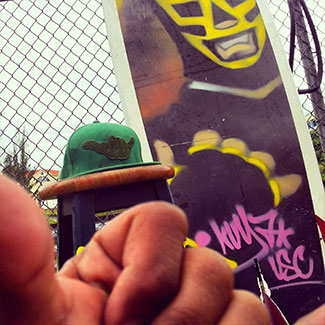
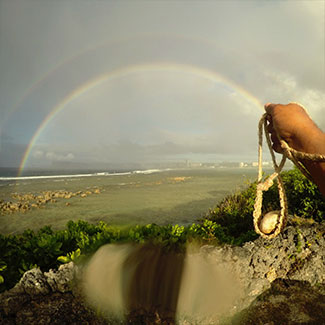
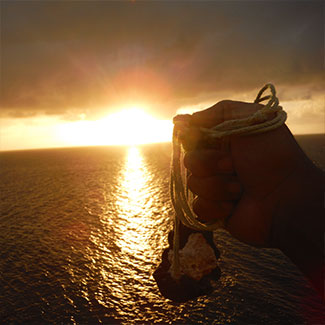
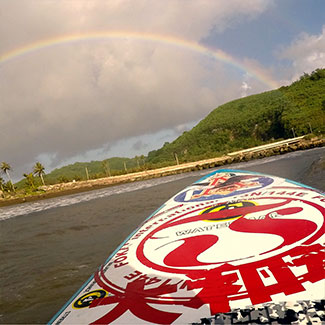
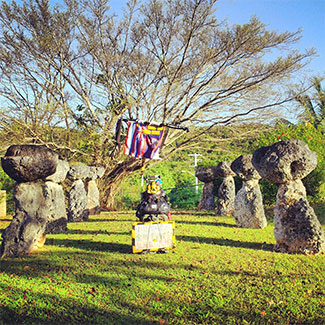
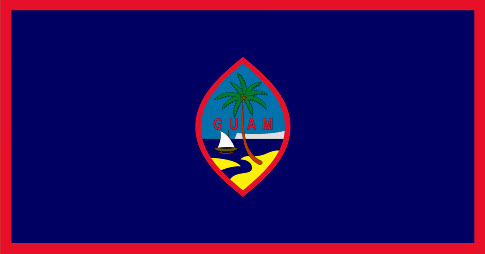
Comments
a penny for your two cents
and oh, if you want a pic to show with your comment, go get a gravatar!